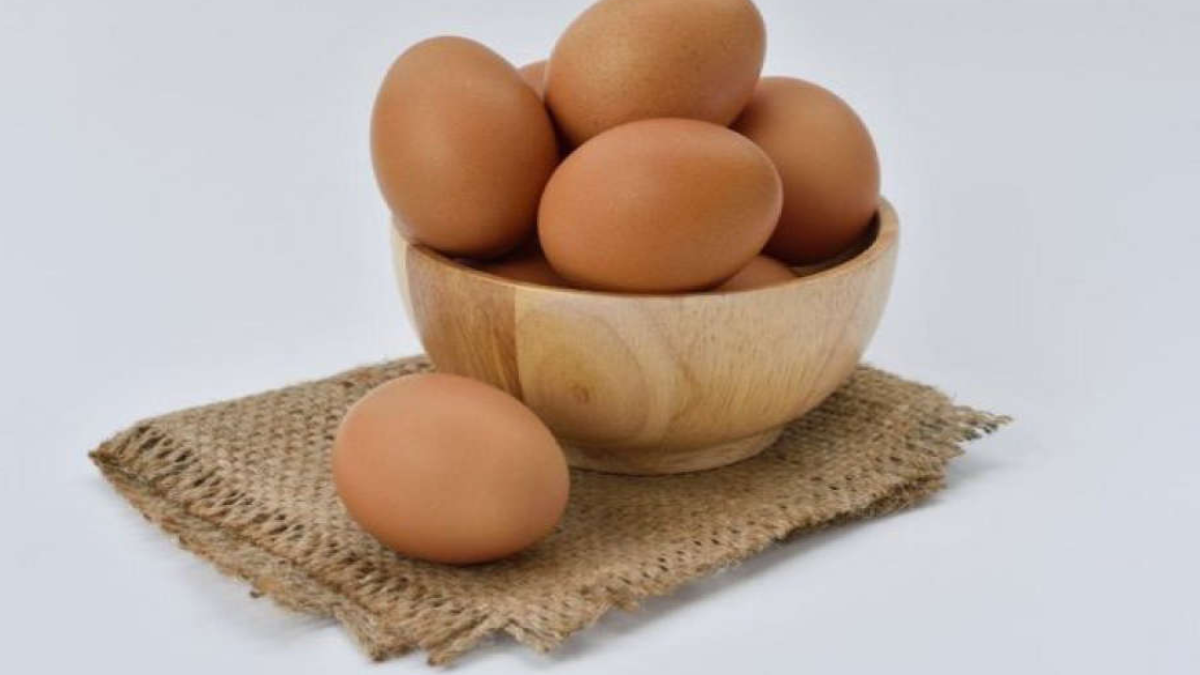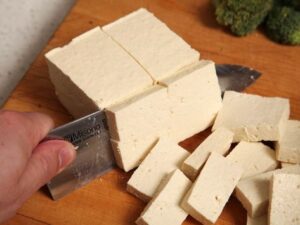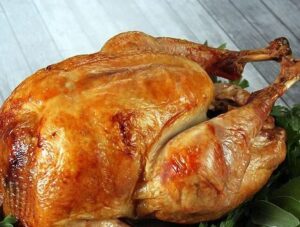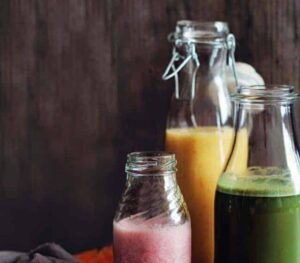Many traditional breakfast options like toast, cereal, bagels, and pastries are high in carbohydrates and low in protein. While these foods provide a quick energy boost, they are digested quickly, leaving you hungry soon after. Adding protein to your breakfast can increase fullness and satisfaction, aiding overall health.
Why Protein Matters
“Protein makes up most of our cells, organs, and muscles. The amount of protein we store constantly changes, so it’s best to spread your protein intake throughout the day to support your body’s needs,” says Patricia Kolesa, M.S., RDN, founder of Dietitian Dish LLC. Starting your day with high-protein foods is essential for this balance.
We spoke with Kolesa and other nutrition experts about what protein-packed foods to eat and how to incorporate them into your morning meal.
Best High-Protein Foods to Eat for Breakfast
-
Greek Yogurt

“Including a serving of Greek yogurt with breakfast is a surefire way to jump-start your day with a generous dose of satiating protein,” suggests Gaw. A 7-ounce serving of plain Greek yogurt adds 20 grams of protein. Greek yogurt also provides probiotics, supporting healthy gut microbiota.
-
Cottage Cheese

Cottage cheese is gaining popularity for its high protein content. One cup offers about 25 grams of protein. “Cottage cheese is a great choice because it’s packed with essential vitamins and minerals like potassium, calcium, and Vitamin B12,” says Kolesa. It can be enjoyed savory or sweet, added to scrambled eggs, spread on toast, or part of a fruit bowl.
-
Eggs

Eggs are a complete source of protein, providing all 9 essential amino acids. Each egg contains 6 grams of protein. “Eggs are versatile and a cost-effective way to add more protein at breakfast,” Nwora says. They can be used in recipes like Shakshuka with Roasted Tomatoes or an omelet.
-
Tofu

Tofu, a versatile breakfast option, contains 22 grams of protein per half-cup. “It’s a lean, high-protein option to start your day, offering unsaturated fats for heart health and plant-based probiotics for gut health,” says Whitaker. It can be used in scrambled tofu burritos or blended into smoothies.
-
Salmon

Salmon is rich in protein and omega-3 fatty acids. A 3-ounce serving provides 17 grams of protein. Omega-3s improve heart health by reducing inflammation and cholesterol. Incorporate salmon into breakfast with recipes like Breakfast Salad with Smoked Salmon & Poached Eggs.
-
Ground Turkey

Ground turkey is a lean source of protein commonly used in lunch and dinner recipes but works great for breakfast too. A 4-ounce serving of 93%-lean ground turkey has 20 grams of protein. It’s an excellent replacement for bacon and sausage in omelets, scrambles, and breakfast casseroles.
-
Ready-to-Drink Protein Shakes

For busy mornings, protein shakes offer convenience. Most have 20 to 30 grams of protein. “They’re great for your morning commute and can be kept in your car, purse, or backpack for breakfast in a pinch,” says Nwora. Use them as milk for your cereal or a creamer in your coffee.
Adding protein to your breakfast not only keeps you full longer but also supports overall health, helps manage blood sugar, improves heart health, and aids in muscle maintenance. Consider incorporating these high-protein foods into your morning routine for a healthier start to your day.
Benefits of Eating Protein at Breakfast
- Provides Long-Lasting Energy
Unlike carbs, which offer a quick energy boost, protein provides sustained energy. “Protein-rich foods take longer for our bodies to digest, keeping us feeling full and satisfied longer,” says Catherine Karnatz, M.P.H., RD, owner of Nutrition Education RD. This means less snacking before lunch and preventing overeating later in the day, adds Lilian Nwora, RD, CDCES.
- Aids in Managing Blood Sugar
Studies show that protein at breakfast helps manage blood sugar.1 “Eating protein at breakfast helps stabilize blood sugar levels, preventing a midmorning crash and brain fog,” Nwora says. A high-protein breakfast can also reduce post-meal blood glucose levels after lunch and dinner, reducing the risk of developing cardiovascular disease.














